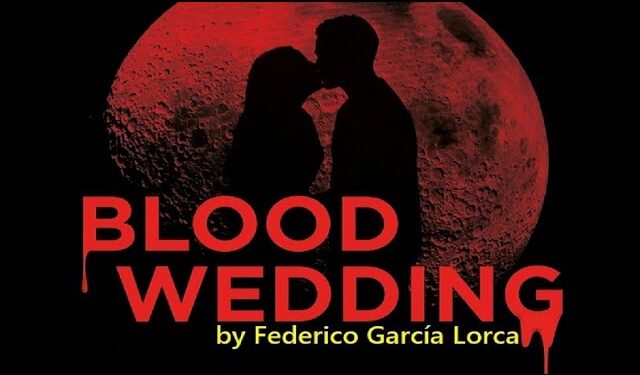Introduction
Blood Wedding Summary Play By Federico García Lorca Federico García Lorca, one of Spain’s most renowned poets and dramatists, is known for his passionate, symbolic, and often tragic works that explore the complexities of human emotions and the cultural tensions of early 20th-century Spain. His plays blend surrealism, symbolism, and the folkloric traditions of Spanish theater, often exploring themes of love, death, passion, and fate. One of his most iconic and widely performed plays is Blood Wedding (Bodas de Sangre), first staged in 1933.
Blood Wedding is a deeply emotional and tragic work, intertwining family conflict, societal expectations, forbidden love, and the inevitable force of fate. The play, written in verse, is part of Lorca’s “rural trilogy,” which also includes Yerma and The House of Bernarda Alba. All three plays explore the themes of desire, repression, and the consequences of defying societal norms. Set in rural Spain, Blood Wedding portrays the lives of simple, hardworking people whose passions and desires ultimately lead to destruction.
Summary of Blood Wedding by Federico García Lorca
Blood Wedding begins with a simple yet poignant scene where a mother and her son, the Bridegroom, discuss the upcoming wedding between the Bridegroom and the Bride, a woman from a neighboring family. The play opens with the Mother’s anxious remarks about the past and the history of her own family’s struggles. She reflects on the loss of her husband and her son’s father to a tragic, violent death. The Mother warns the Bridegroom about the possibility of tragedy but expresses her hope that he will not make the same mistakes as his father and that his marriage will bring peace.
The Bride, whom the Bridegroom is about to marry, is deeply connected to her family, but there is an undeniable tension and inner conflict present in her character. While she is expected to marry the Bridegroom, she harbors secret feelings for another man, Leonardo, a member of the rival family with whom the Bridegroom’s family has a long-standing feud. Leonardo, once engaged to the Bride before she was promised to the Bridegroom, still carries his unrequited love for her. However, he is already married to another woman, and their passionate love remains a forbidden desire, as societal rules and familial obligations stand in the way.
Read more
As the wedding day approaches, the Bride struggles with her feelings, torn between the security of her impending marriage to the Bridegroom and her deep emotional longing for Leonardo. Her inner conflict intensifies as she realizes that her heart belongs to Leonardo, and she is unable to let go of the intense passion that binds them. Their desire becomes an unavoidable, fatal force, as they defy societal expectations and the sacred institution of marriage.
On the day of the wedding, as the couple prepares to leave for the ceremony, Leonardo and the Bride meet in secret, reawakening the passion between them. Despite the knowledge that their love is forbidden, the Bride and Leonardo cannot resist their feelings, and their emotions lead to a dramatic and tragic decision. They flee together, which leads to the Bridegroom’s pursuit of Leonardo in an attempt to restore honor to his family and complete the wedding. The tension builds as fate drives the characters towards their inevitable tragedy.
Blood Wedding Summary Play By Federico García Lorca The Bridegroom, driven by jealousy and anger, confronts Leonardo in the forest, where they engage in a violent and tragic confrontation. Both men are fatally wounded, and the Bride, devastated by the consequences of her actions, is left to mourn the destruction of her life. The play ends with a sense of irreversible loss and the unrelenting nature of fate, leaving the audience to contemplate the tragic consequences of passion, societal expectations, and the limitations imposed on individual desires.

Themes in Blood Wedding by Federico García Lorca
1. Fate and Destiny
One of the central themes in Blood Wedding is the inescapability of fate. Throughout the play, the characters struggle with their desires and actions, but no matter what they do, they cannot escape their destiny. From the very beginning, the play is infused with a sense of inevitability, as the Mother warns her son that tragedy is bound to occur due to the past violence between the two families. The concept of fate is portrayed as a force that cannot be defied or controlled, and the characters are unable to break free from the cycle of violence and passion that has shaped their lives.
Blood Wedding Summary Play By Federico García Lorca Fate operates as a powerful force that guides the actions of the characters, and even though they try to resist or change the course of their lives, their efforts are futile. The tragic end of the play underscores the fatalism that dominates Lorca’s work. The characters are doomed from the start, unable to escape their pasts, their family histories, and their desires. The bloodshed that ensues is a manifestation of the inevitability of fate, and their attempts to fight against it only lead to further destruction.

















